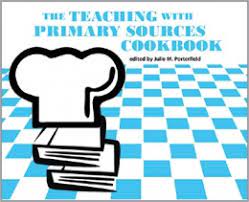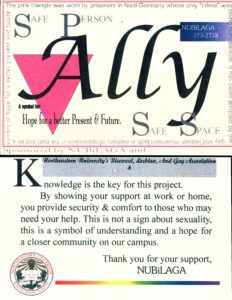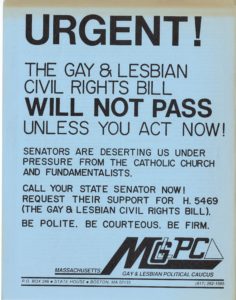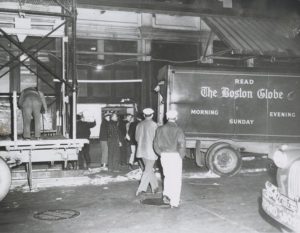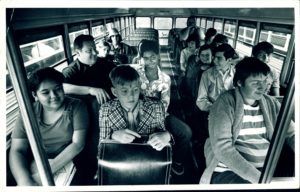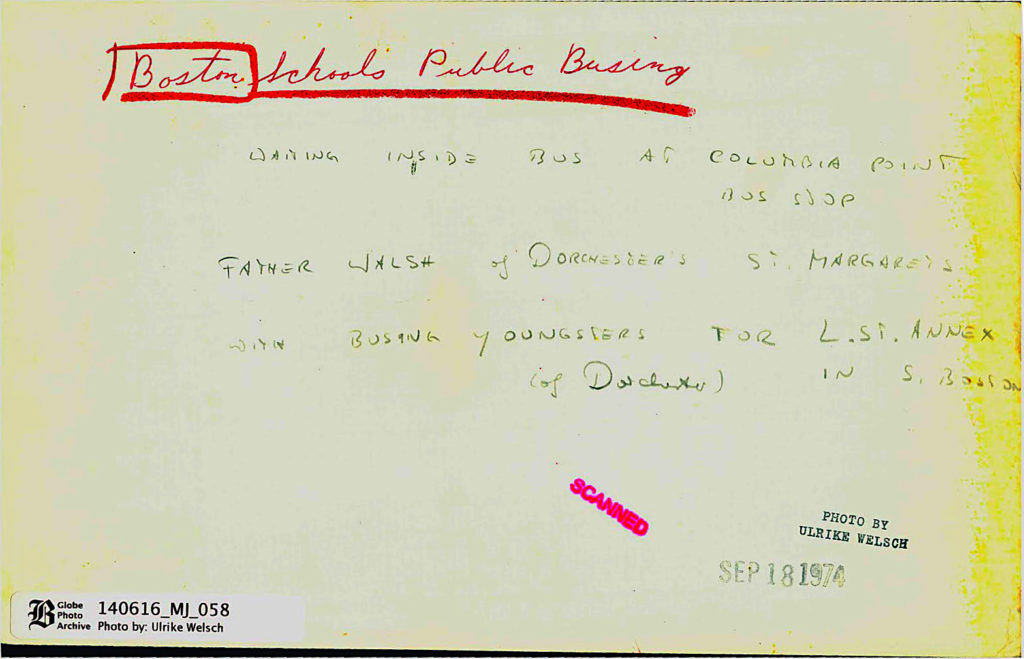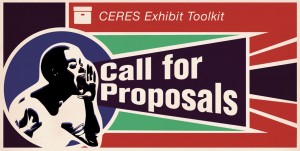Archives Research Project Included in “The Teaching with Primary Sources Cookbook”
Take 2 library professionals.
Add 25 high school students.
Mix in a specially curated collection of archival materials.
And let simmer over a 90-minute class period.
This is the recipe Reference and Outreach Librarian Molly Brown and Arts, Humanities, and Experiential Learning Library Regina Pagani have perfected while working with students and teachers from the Boston Public Schools over the past few years and it is now included in The Teaching with Primary Sources Cookbook, a collection of first-hand accounts from librarians, archivists, and other educators who use primary sources to teach information literacy skills to various audiences.
Brown and Pagani’s project is detailed in chapter 28 and titled “A Potluck of Expertise: Inviting Boston Public Schools’ Juniors to Use Northeastern’s Archives and Special Collections’ Pantry to Build Their Recipes.” They detail an ongoing project they have developed with BPS educators Chris Madsen and Katherine Petta where students work in groups to write a biography of an activist who advocated for racial equality in Boston’s public schools, using primary sources from the Archives’ vast social justice collections.
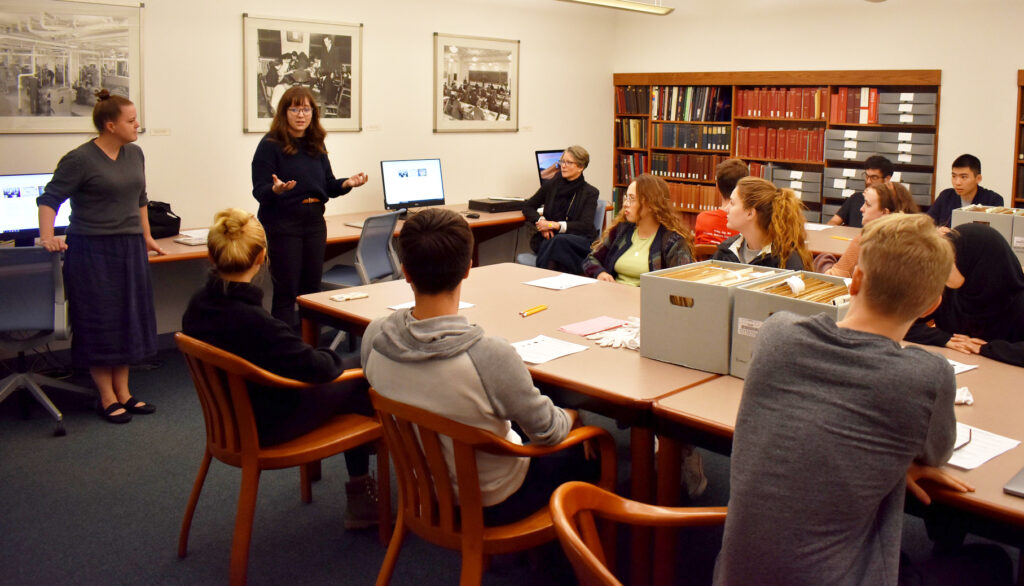
The chapter provides a detailed account of the project, with suggestions for ways to alter it based on different archives’ collections. The 2021 edition of The Teaching with Primary Sources Cookbook, edited by Julie M. Porterfield, is available through the American Library Association.
To learn more about the different ways Brown, Pagani and other Northeastern University Library staff members have utilized the Archives’ unique collections to teach primary source research to students at Northeastern and at the Boston Public Schools, visit the Teaching with Archives page.
